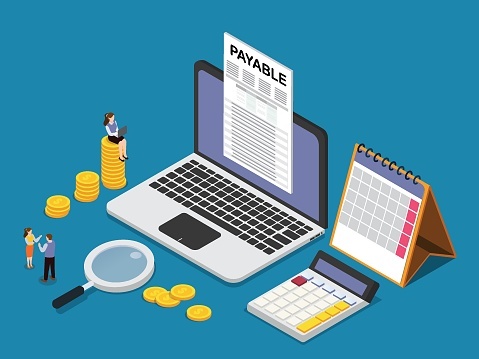A payable on death bank account is a simple planning instrument that allows you to designate someone to receive the assets inside your account very quickly.
If you named more than one payee on your payable on death bank account, this makes it easy for the second person to receive those funds if the original beneficiary passes away. If none of your payable on death payees is alive at the time of your death, the bank then releases those funds to the executor who is responsible for ensuring that any funds inside the account are transferred per your will.
The money likely needs to go through probate unless your estate is small enough to qualify for simple or reduced procedures in your state. If you need to name alternate beneficiaries, this is important to recognize when a payable on death bank account is not the right fit. Banks typically do not allow you to name alternate payable on death payees.
Your will, however, does allow you to accomplish this back up goal. You want to use a living trust if your intention is to allow for a backup beneficiary without having to go through probate. If the money does go to your executor, it will likely be distributed under the terms of your will through a residuary clause and the person you named to inherit any residuary property would receive this money.
With so many different things to consider as part of your estate planning, make sure you have the support of an experienced and knowledgeable estate planning lawyer in Massachusetts.

